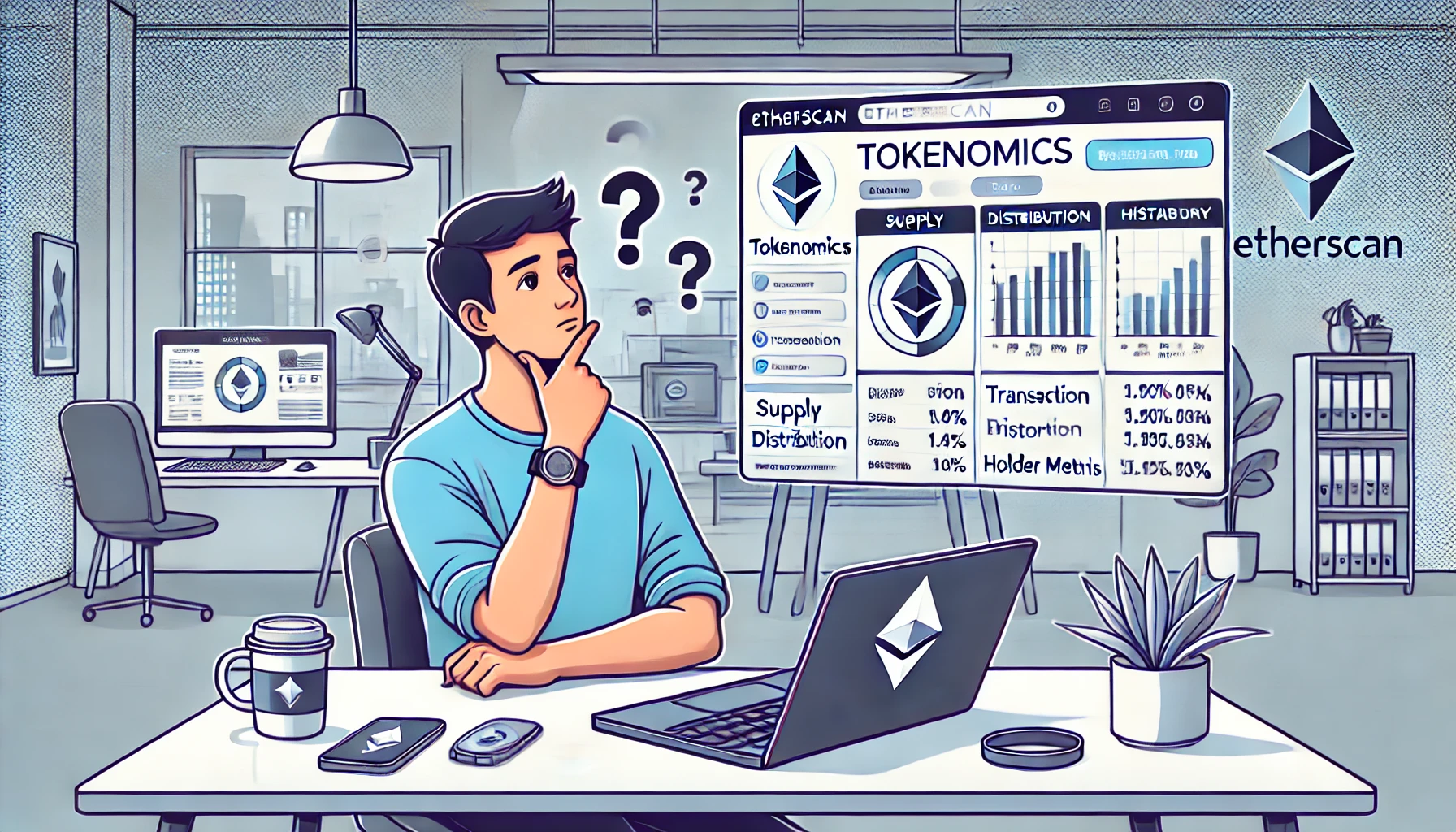Analyzing tokenomics is crucial for understanding the economic structure and potential value of a cryptocurrency project. Tokenomics involves studying the supply, distribution, and incentives associated with a token. This guide will walk you through how to analyze tokenomics using Etherscan, a powerful blockchain explorer for Ethereum. By mastering Analyze Tokenomics process, you can make informed investment decisions and better understand the projects you are investing in.
Materials or Tools Needed
Before starting, ensure you have the following materials and tools:
Materials:
- Computer or smartphone with internet access
- A crypto wallet (e.g., MetaMask, Trust Wallet)
- Etherscan account (optional but recommended)
Tools:
- Etherscan website (etherscan.io)
- Note-taking app to record findings
- Security software to protect your device
Step 1: Access Etherscan and Locate the Token
First, visit the Etherscan website and use the search bar to find the token by its name or contract address.
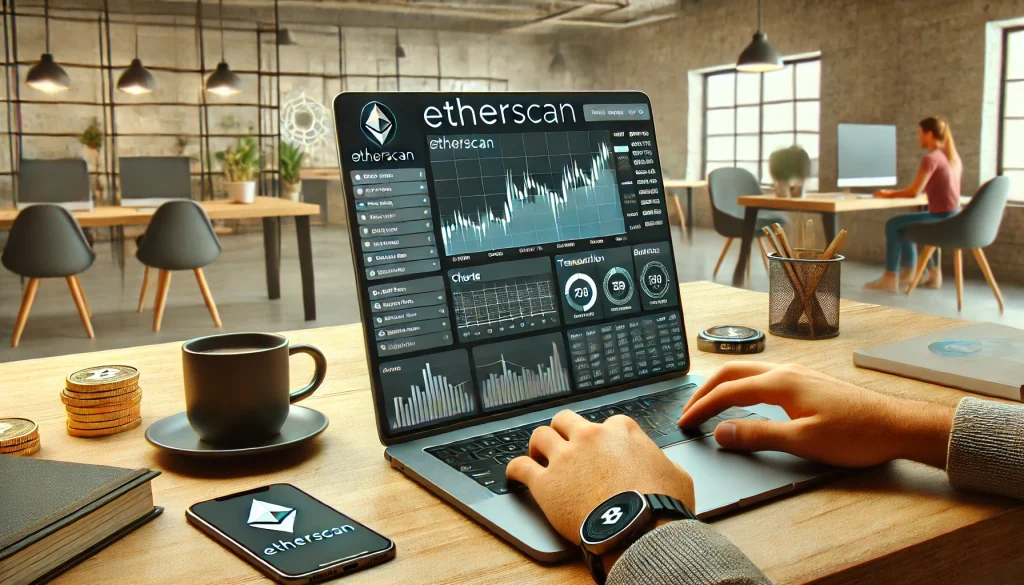
Step 2: Navigate to the Token Contract Page
Once you find the token, click on it to open the token contract page. This page provides an overview of the token’s contract, including its balance, transactions, and other essential details.
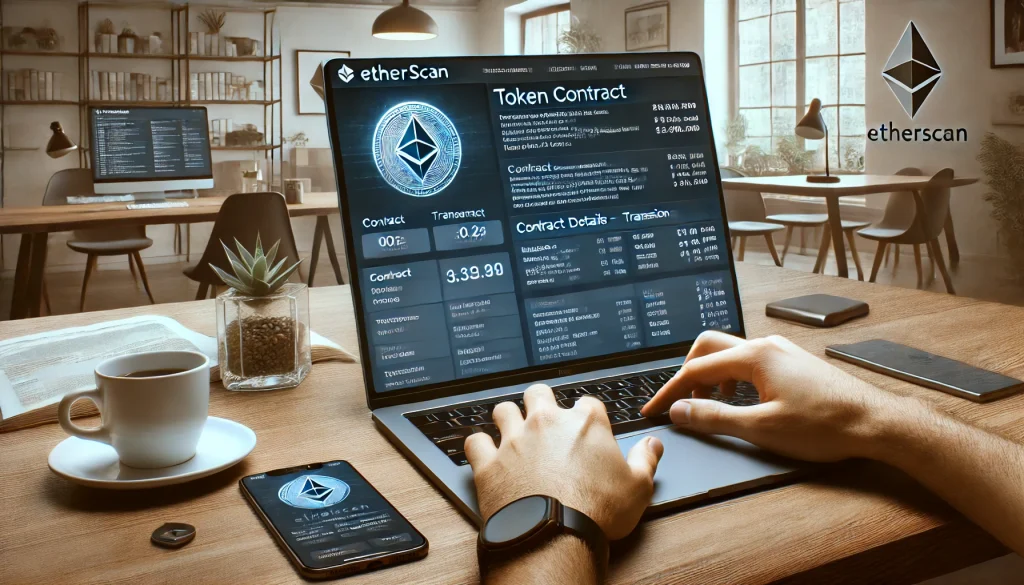
Step 3: Examine Token Supply and Distribution
On the token contract page, look at the “Token Tracker” link. This section shows the total token supply, number of holders, and recent transactions. Understanding the distribution helps assess whether the tokens are concentrated in a few hands or widely distributed.
Key Metrics on Token Tracker:
| Metric | Description |
|---|---|
| Total Supply | The maximum number of tokens that can exist |
| Circulating Supply | Tokens currently in circulation |
| Number of Holders | How many unique addresses hold the token |
| Recent Transactions | Latest transfers involving the token |
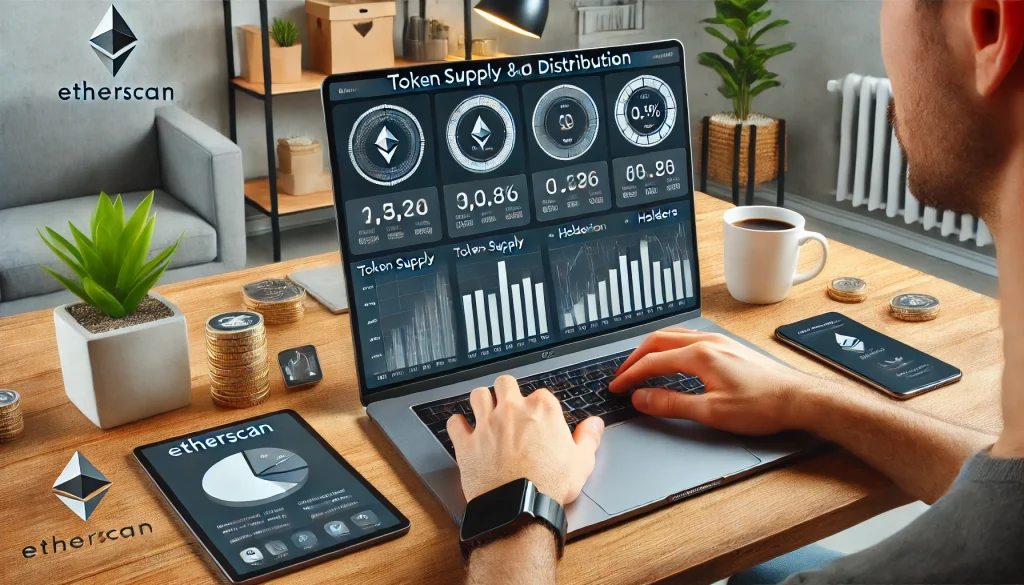
Step 4: Analyze Holder Distribution
Navigate to the “Holders” tab to see the distribution of tokens among holders. Pay attention to whether a few holders control a large portion of the supply, as this could impact the token’s price stability.
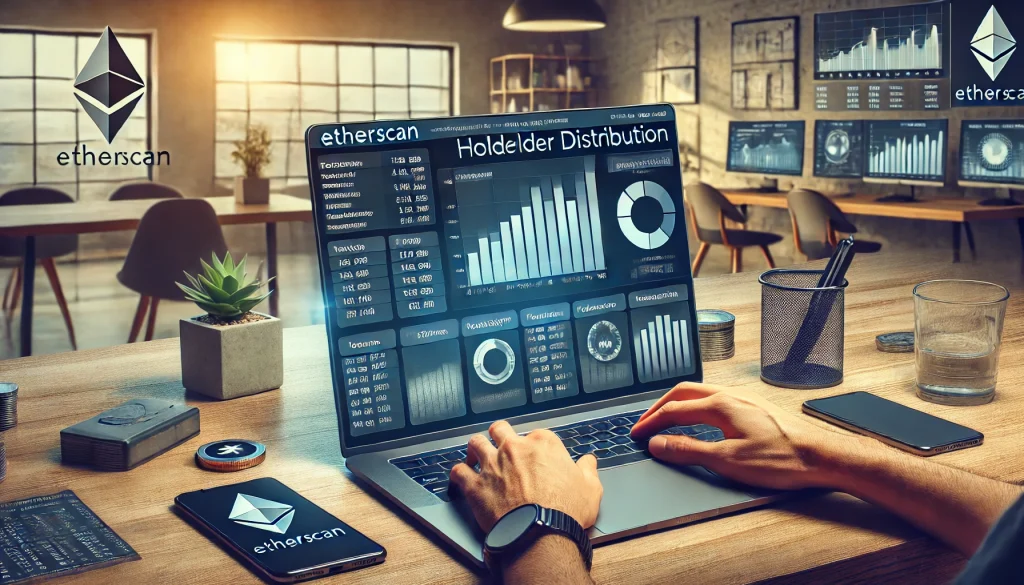
Points to Consider in Holder Distribution:
- Top Holders: Large concentrations can indicate price manipulation risks.
- Community Spread: A wider distribution suggests a healthier ecosystem.
- Locked Tokens: Tokens held in smart contracts for staking or rewards.
Step 5: Evaluate Token Transactions
Go to the “Transfers” tab to see the history of token transactions. This section provides insights into trading volume and activity. Frequent and high-volume transactions might indicate strong interest and liquidity.
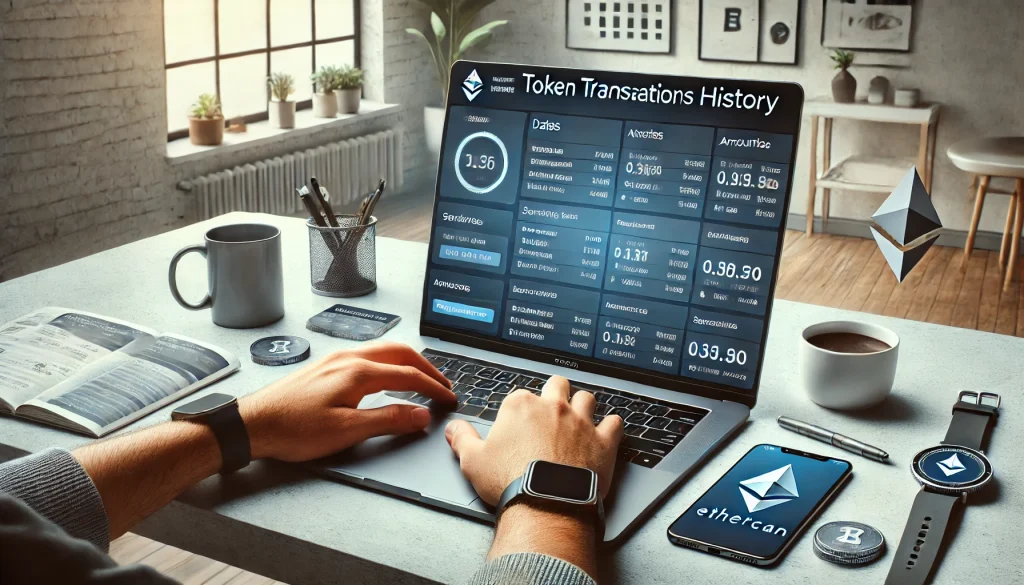
Step 6: Check Token Utility and Incentives
Investigate the token’s utility and incentives by examining its role in the ecosystem. Common utilities include paying for transactions, staking, and governance. Review the project’s whitepaper and official website for detailed explanations of token use cases.
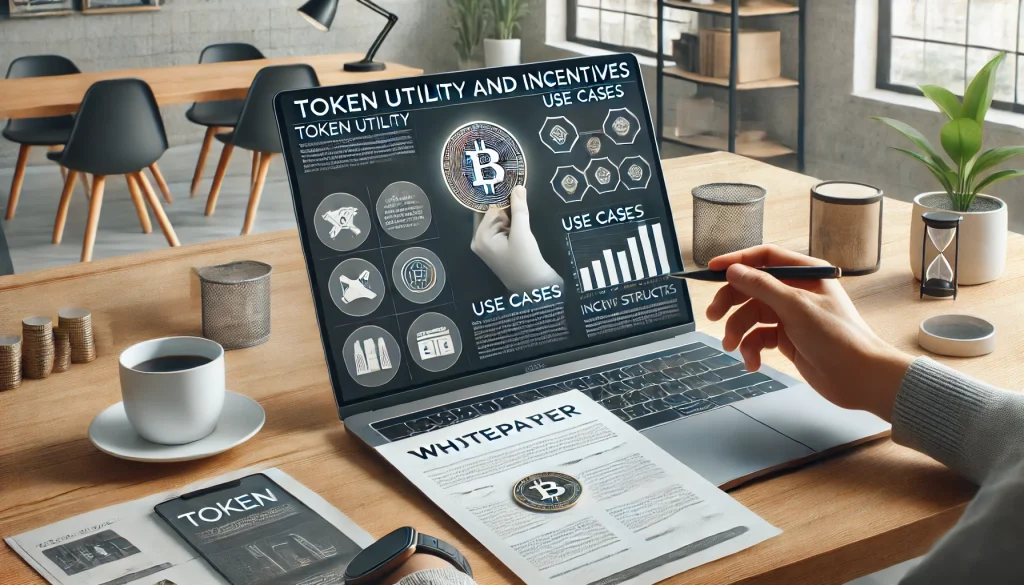
Common Token Utilities:
- Gas Fees: Used to pay for transactions on the network.
- Staking: Locking tokens to earn rewards.
- Governance: Voting on protocol changes or fund allocations.
Tips and Warnings
Do’s
- Cross-Reference Data: Use multiple sources like CoinMarketCap and CoinGecko for comprehensive analysis.
- Monitor Updates: Regularly check for updates or changes in tokenomics.
- Community Engagement: Participate in community forums to gain additional insights.
Don’ts
- Beware of Centralization: High token concentration in a few wallets can lead to manipulation.
- Check for Scams: Ensure the project is legitimate and avoid phishing sites.
- Understand Limitations: Tokenomics is just one part of evaluating a project.
Conclusion
By following these steps, you can effectively analyze the tokenomics of a cryptocurrency project using Etherscan. This process involves assessing the token’s supply, distribution, utility, and transaction history. Thorough analysis helps you make informed decisions and better understand the potential of your investments.
FAQ
What is the importance of tokenomics?
Tokenomics helps determine the economic structure and potential value of a cryptocurrency, influencing investment decisions.
How can I identify a scam in tokenomics?
Look for red flags such as anonymous teams, unrealistic promises, and poor transparency. Verify claims through reputable sources.
Can tokenomics change over time?
Yes, tokenomics can evolve with project updates, governance decisions, and changes in market conditions.
Resources
For more detailed guides and additional resources, check out:

